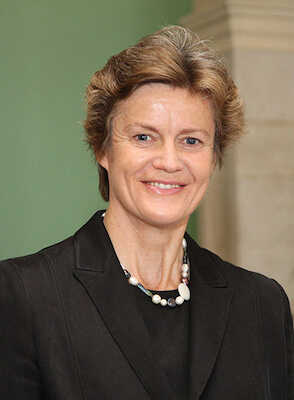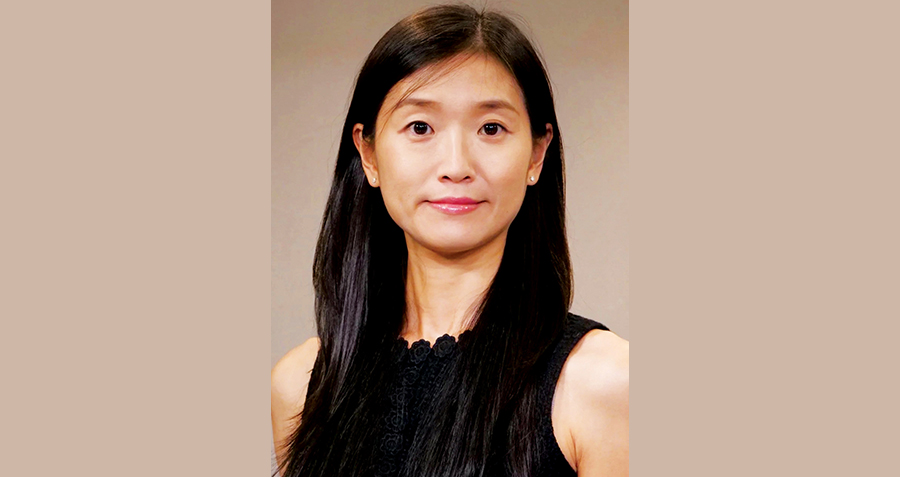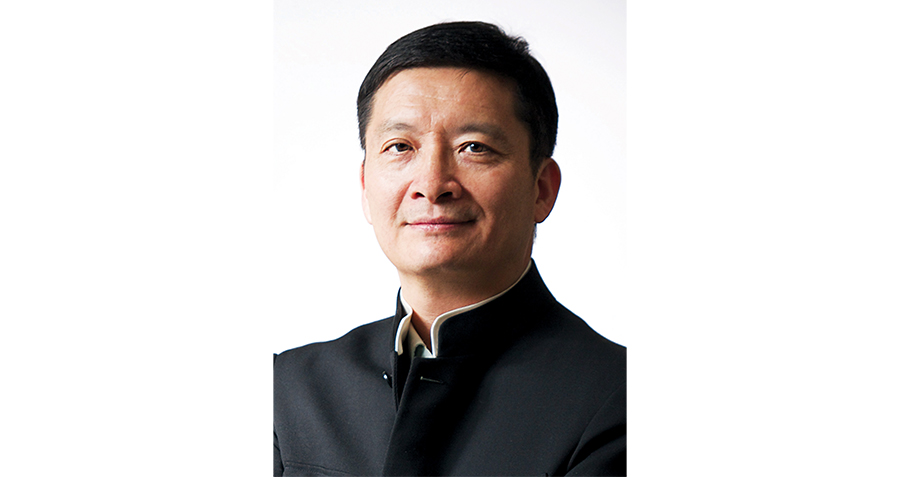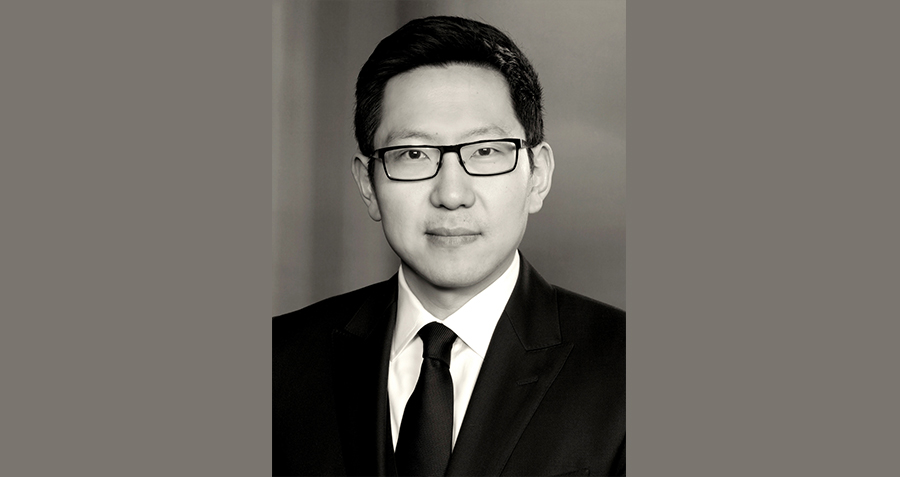Dame Barbara Woodward, British Ambassador to China, explains how the UK and Chinese governments are working together to promote gender equality
When Dame Barbara Woodward was named British Ambassador to China in February 2015, she became the first woman ever to hold this position. Conscious of her status as a trailblazer and role model, Ambassador Woodward has made a special commitment to promoting gender equality since assuming office.
A key part of this effort has been the launch of the UK Government in China’s Be Yourself: Pledge for Progress campaign, which encourages British and Chinese companies to take practical action to promote gender equality in the workplace. Fifty companies have already joined the campaign so far, including Ctrip, Deloitte and Lloyd’s China.
In this interview, Ambassador Woodward discusses the purpose of the campaign and the pledges companies have made so far.
Q: What inspired you and the embassy to launch the Be Yourself: Pledge For Progress campaign?
A: As you know, the UK has a strong tradition of gender equality. We had strong queens as role models and our second female British Prime Minister Theresa May. We’ve now got 29% of our board members being female, and that’s a high representation. That’s all very good, but there’s still so much more to do.
What we wanted to do was build on the work that we’ve done in our Be Yourself campaign in China over the last few years, which is generally focused on encouraging women to realize their career and personal aspirations. This year with Pledge for Progress, we have put a specific focus on the business environment. Drawing on our experience in the Foreign Office, the UK’s foreign ministry, we realized that having specific targets and quotas can help, but pledging to take specific actions is what really makes a difference.
So, with Pledge for Progress, we have specifically encouraged companies to look at their own company, at what they’re trying to achieve, and to make a very specific pledge for their own business. Everybody shares the umbrella of being part of Pledge for Progress, but this allows the company to take a specific step forward to encourage and promote gender equality.
Q: How much progress has been made on the campaign so far?
A: We’ve already had 50 companies pledging for progress and another 20 are lined up. We’ve held a number of events around Pledge for Progress to encourage people to sign up. I’ve been very impressed by the pledges, around flexibility in the workplace, commitment to training, commitment to proportions of women in various cohorts of a company’s activities. We’ve had pledges that will impact huge numbers of women. Ctrip, for example, is part of the campaign, and its 15,000 employees have been affected. I hope that will have a knock-on effect as well.
Q: Why is the campaign titled Be Yourself?
A: The whole point about the campaign is that we want to encourage women to realize their own ambitions and their own dreams. We are not prescribing what women should want to do. Anything is fine, so long as they feel they have the space and the support to do that. So that’s why it’s called Be Yourself. It works in English. And of course, it works in Chinese.
Q: What are the obstacles for women to be themselves?
A: I think there are a range of internal and external obstacles, and many of them probably aren’t too different from obstacles that men face too. But I think women face them more strongly. Of course, Sheryl Sandberg has encouraged us all to “lean in,” which is thinking about the ambition that you have as a woman and making sure that you aren’t self-censoring that ambition, because of what you think about your own abilities or what you think others expect of you. So, there are strong internal obstacles for us to overcome.
But then, of course, there are external obstacles. Some of them are culturally and historically dependent. Women can be expected to hold certain roles in society as caregivers, homemakers and caring for elderly relatives, caring for children, supporting a husband or spouse in their own career, or just in their lives, feeling that they should be subordinate to other people. So, it’s quite important to be able to challenge and change some of those societal expectations as well.
Q: With so many companies joining the campaign and making the pledges, how do you make sure they fulfill their promises?
A: The Pledge for Progress campaign is not a police force. We think the companies are inspired and reliable. And when we talk to them about their pledges, it’s clear that they are not making pledges simply to get a headline or something like that. It’s something that they genuinely want to do to make a difference. And of course, I expect some companies will overachieve on their pledges because they’ll get momentum.
Some companies made ambitious pledges, or pledges where it will take time to see the results. One company has pledged, for example, that half of the graduate engineer recruits will be women. Now, that’s a great pledge, but actually we won’t see the results of that until the program is finished. We’re not policing it. But what we’re trying to do is provide support and encouragement to companies to realize their pledge and get ideas from other companies.
Of course, some pledges will take time to see through. It’s not about achieving results purely in the six months of the program, but about helping to catalyze a long-term change toward gender equality.
Q: What kind of help can companies get from the British embassy in terms of realizing their goals?
A: The idea of the campaign is that we provide a platform for experiencing and sharing best practice. We don’t ourselves have all of that best practice. And we’ve learned a lot from working with the companies. But by providing a platform, we hope that we can catalyze change. We’ve organized a number of supporting events to allow people to share ideas, come together and discuss particular challenges along the way. And then we’ve tried to link everything up. For example, there is our Inspiring Women program, which starts in primary school and middle school to help change attitudes towards careers for women.
So, we hope that we are making a contribution both here in China and in the UK and internationally to promoting gender equality and overall economic growth.
Q: You are the first woman to serve as the UK Ambassador to China. How do your efforts on this campaign relate to your personal working experience?
A: I was very honored to be appointed Ambassador to China, and lots of people pointed out to me that I was the first woman to hold the role. So, when I came here, I made a personal commitment that I would commit to working on gender equality in addition to all of the other many things we do in the United Kingdom-China relationship.
I have made a particular commitment to gender equality because I think people see me as a role model in that area. And it is an important area. I hope I can make a personal contribution. But I’ve been hugely supported by my colleagues in the embassy, who have taken up and supported the campaigns that we’ve started with great energy.
Q: How important is it for China and the UK to collaborate on projects to empower women?
A: I think it’s hugely important that we collaborate on these projects. First of all, because we are two big economies, and a lot of that growth has already been powered by women.
But because of the gender pay gap, there are trillions of dollars at stake if we cannot move to equality of gender pay. Our economies are structured quite differently. So, we’ve seen, for example, a strong surge of women coming through in business in China as role models, while in the UK we’ve had to work much harder to achieve that success. On the other hand, in the UK we have probably had more successful female politicians in the very top jobs than we’ve seen in China.
So, we’ve got huge scope to learn from each other as we take our economies forward. I think it’s really valuable for us to collaborate at government level and have policy initiatives. That’s why we have a memorandum of understanding with the All-China Women’s Federation. It’s valuable for our businesses to collaborate as well as have people-to-people collaboration, which offers chances to talk about these issues and share best practice. I think that’s valuable.

















